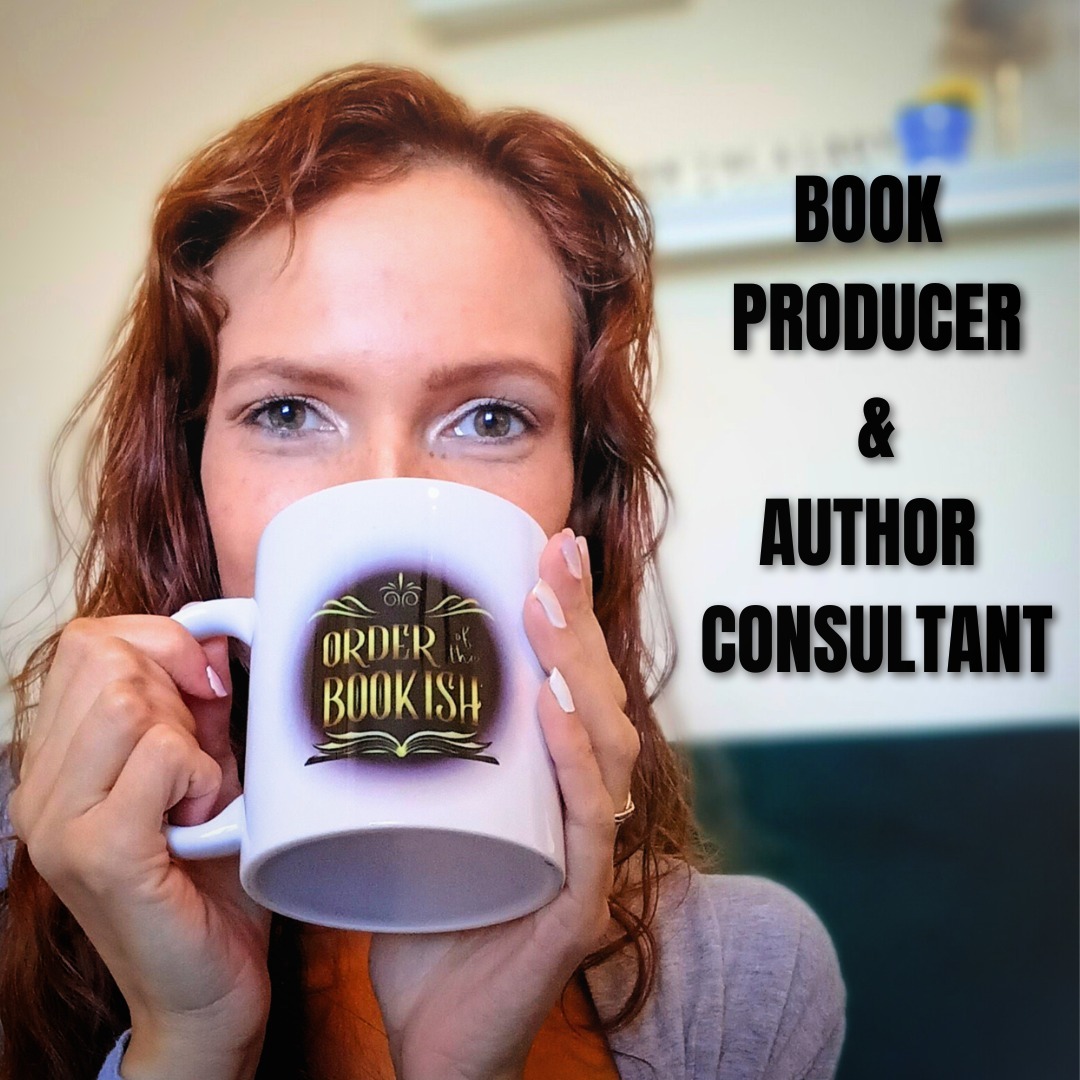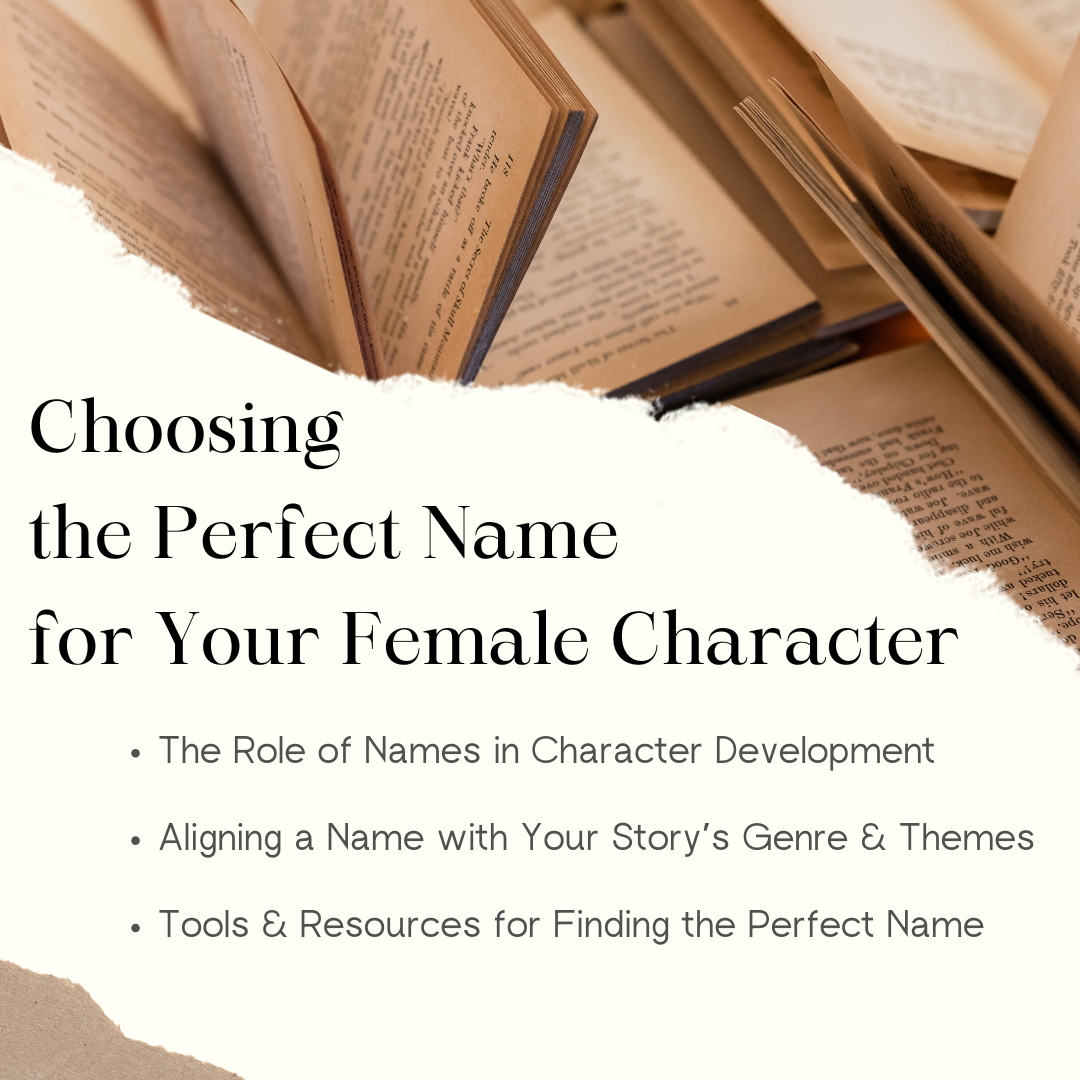
Who is Tia Christine? A Passionate Author, Book Marketing Expert, and Indie Author Advocate Tia Christine is a storyteller, strategist,...

In the ever-expanding realm of literature, crafting a masterpiece is just the beginning. The true challenge lies in making your literary creation stand out amid the vast sea of books. Welcome to the journey of understanding why visibility is the linchpin of effective book marketing.
The book market is vast and constantly growing. Thousands of new titles are released every day, making it challenging for any book to stand out. As an author, you’re not just competing with other writers in your genre; you’re competing for attention against social media, streaming platforms, video games, and countless other distractions. So, how do you rise above the noise?
The answer lies in *strategic visibility.* Simply writing a great book isn’t enough—it needs to be seen by the right people at the right time. Visibility ensures your book isn’t just another face in the crowd but becomes a title readers actively seek out.
Start by asking yourself: Where does your target audience spend their time? Are they scrolling through TikTok? Browsing Instagram? Joining Goodreads groups? The more specific you can get, the more effective your efforts will be. Once you know where your readers are, it’s about showing up consistently in those spaces with engaging content and a clear message about why your book is worth their time.
Visibility also builds trust. Readers are more likely to purchase from authors they recognize, even if it’s just seeing your name pop up repeatedly in their feeds or favorite blogs. Familiarity breeds curiosity, and curiosity leads to clicks—and ultimately, sales.
In a crowded market, visibility is not just a nice-to-have; it’s essential. It’s the bridge that connects your book to its audience. Take time to define your audience, find out where they are, and show up regularly with value that draws them in. Once you master visibility, your book has a far better chance of thriving.
If visibility gets your book seen, discoverability ensures it gets *found.* These two concepts go hand in hand, but discoverability focuses on positioning your book so readers can easily stumble upon it—whether they’re searching for their next read or not.
Think of discoverability as setting up a trail of breadcrumbs that leads readers directly to your book. This starts with optimizing your metadata: the title, subtitle, book description, categories, and keywords you choose when publishing. These aren’t just technical details—they’re the tools readers use to find books like yours. Are you writing a YA fantasy with romantic elements? Use keywords like “romantic YA fantasy” or “enemies-to-lovers fantasy” to ensure your book pops up in search results for those terms.
Next, think about where readers naturally discover books. Platforms like Amazon, Goodreads, and BookBub are powerful engines for discoverability when used strategically. Creating an engaging author profile, encouraging early reviews, and participating in relevant genre communities can all make a huge difference.
Social media also plays a role in discoverability. Hashtags, collaborations with influencers, and viral posts can help your book appear in front of readers who might not have been actively looking for it but are instantly intrigued.
Remember, discoverability isn’t just about casting a wide net—it’s about making it easy for *the right readers* to find your book. When your audience can discover your work effortlessly, you’re not just selling a book; you’re creating connections that can turn one-time readers into lifelong fans.
Social media has transformed the way readers discover and engage with books. It’s not just a promotional tool; it’s a dynamic space where conversations happen, communities are built, and books come to life through shared experiences. Understanding how to leverage social media can significantly enhance your book’s visibility and discoverability.
Each platform has its unique culture and audience. Instagram (Bookstagram) is visually driven, perfect for stunning book covers, aesthetic shots, and interactive stories. TikTok (BookTok) thrives on raw, authentic video content that sparks conversations, like reading reactions, “shelf tours,” or quick character breakdowns. Facebook works well for more traditional interaction, such as engaging in book-related groups or hosting virtual launch parties. Pinterest caters to visual discovery, making it a great place to create mood boards or pin character-inspired imagery.
Social media isn’t just about posting a steady stream of “Buy my book” messages. It’s about engaging with your audience authentically. Ask questions, share relatable reader struggles, or post about your writing journey. Readers love seeing the person behind the book—they want to connect, not just consume.
You don’t need to be everywhere, but you need to show up consistently where your target audience hangs out. A steady stream of content—whether it’s weekly TikToks, daily Instagram stories, or monthly Pinterest boards—keeps you visible without overwhelming your readers or yourself.
Teaming up with other authors, bloggers, or influencers can amplify your reach. Partner on giveaways, participate in social challenges, or do live Q&A sessions together. Collaboration introduces you to new audiences and lends credibility to your book.
Social media isn’t about chasing trends; it’s about building genuine connections. When done right, it becomes a powerful tool to not only promote your book but also foster a loyal community of readers who are excited to support your journey.
Search Engine Optimization (SEO) might sound like a tech-heavy term, but for authors, it’s simply about making your book and brand easier to find online. SEO ensures that when readers search for something related to your book—be it your genre, themes, or your name—they can actually find you.
When you optimize for SEO, you’re creating more pathways for readers to discover you, ensuring your book doesn’t get lost in the vast sea of online content.
Reader engagement is the heartbeat of effective book marketing. It’s not just about shouting into the void; it’s about creating meaningful conversations, building relationships, and fostering a community that feels connected to your work. Readers who feel engaged are more likely to become loyal fans, share your books with others, and eagerly await your next release.
Engagement begins with interaction. Respond to comments on your social media posts, thank readers for sharing your book, and ask open-ended questions that invite dialogue. For example, you could post, “What’s your favorite fantasy trope? Mine is enemies-to-lovers—no surprise there!” These small gestures make readers feel seen and valued.
Think beyond individual interactions and consider creating a space where your readers can connect with each other. This could be a Facebook group, a Discord server, or even a monthly virtual book club where you discuss your favorite reads or host Q&A sessions about your books. These communities build a sense of belonging and keep readers coming back for more.
Readers love to feel like they’re part of the process. Share updates about your writing progress, sneak peeks of upcoming projects, or behind-the-scenes looks at your life as an author. Posts like “Here’s a snippet from my next chapter—tell me what you think!” or “This is my writing setup for the day—coffee mandatory!” give readers a sense of intimacy and inclusion.
Shine the spotlight on your fans by sharing their reviews, photos of your book in the wild, or fan art they’ve created. This not only shows your appreciation but also encourages others to engage. A simple post saying, “Check out this amazing review from a reader—thank you for making my day!” can go a long way.
Polls, quizzes, and challenges are fantastic ways to engage your audience. For instance, you could create a quiz like, “Which character from my book are you?” or host a challenge such as, “Share a photo of your reading nook with my book for a chance to win a signed copy!” These fun activities build excitement and deepen engagement.
Readers love when their opinions are valued. Ask for input on things like cover designs, titles, or even character names. For example, “I’m torn between two titles for my upcoming book—help me decide!” Not only does this boost engagement, but it also makes readers feel like collaborators in your journey.
By actively engaging with your readers, you’re not just promoting a book—you’re cultivating a relationship. Readers who feel connected to you are more likely to support your work, spread the word, and stick around for the long haul.
Visibility isn’t a one-size-fits-all strategy. To truly stand out, authors should explore multiple avenues to connect with readers and build their audience. Here are three impactful ways to diversify your visibility:
Street teams are a grassroots way to generate buzz about your book. These are groups of passionate readers who help you spread the word through reviews, social media posts, and word-of-mouth recommendations.
Recruit Strategically: Look for enthusiastic readers, bloggers, and influencers who are genuinely excited about your book.
Create Exclusive Perks: Offer your team early access to your book, exclusive content, or personalized thank-you notes.
Provide Clear Instructions: Share guidelines on how they can help, like posting reviews, using specific hashtags, or sharing teasers.
A well-organized street team can amplify your visibility and create authentic excitement that resonates with potential readers.
Author interviews are a fantastic way to showcase your personality and connect with new audiences. Whether it’s on a podcast, a blog, or a YouTube channel, interviews allow you to share your story and offer insights into your writing journey.
Pitch Yourself: Reach out to podcasters, bloggers, or booktubers whose audience aligns with your target readers.
Prepare Key Talking Points: Highlight what makes your book unique, your inspiration, or your writing process.
Be Authentic: Readers want to connect with the person behind the book, so let your personality shine.
Interviews help you establish credibility and offer a personal touch that resonates with readers.
Often overlooked, Pinterest is a goldmine for book marketing. With its highly visual format, it’s perfect for showcasing your book’s aesthetic, themes, and related content.
Create Eye-Catching Pins: Design pins featuring your book cover, quotes, or mood boards that reflect your story.
Optimize for Search: Use keywords in your pin descriptions to make them discoverable to users searching for your book’s themes or genre.
Link Back: Ensure each pin links directly to your website, book sales page, or blog for easy access.
Pinterest’s evergreen nature means your content can continue driving traffic and engagement long after it’s posted.
By incorporating these three strategies into your marketing plan, you’ll not only diversify your visibility but also connect with readers in unique and impactful ways.
In conclusion, the landscape of book marketing is dynamic and multifaceted, requiring authors to adapt and innovate continually. The importance of visibility cannot be overstated in an industry flooded with new releases and diverse voices. In this blog, we explored the foundational role of discoverability, the dynamics of social media, the SEO advantage, engaging with readers, and the power of data-driven decision-making.
Authors must recognize that discoverability serves as the cornerstone of successful book marketing. Being visible in the right places, targeting the right audience, and optimizing for search engines are fundamental strategies. Social media platforms offer a dynamic space for engagement, but authenticity and meaningful connections are key. Leveraging SEO techniques ensures that your work remains discoverable amid the vast digital landscape.
Engaging with readers goes beyond promotional efforts; it’s about building a community around your work. Through newsletters, social media interactions, and reader feedback, authors can foster a loyal following. Finally, we emphasized the significance of data-driven decision-making. Informed by analytics and reader insights, authors can refine their strategies for optimal impact.
As the book market continues to evolve, embracing these principles will equip authors with the tools to navigate and thrive. By remaining adaptable, staying connected with their audience, and leveraging data intelligently, authors can enhance their visibility and ensure that their literary endeavors reach the audience they deserve. Happy writing and marketing!

Who is Tia Christine? A Passionate Author, Book Marketing Expert, and Indie Author Advocate Tia Christine is a storyteller, strategist,...

Choosing the Perfect Name for Your Female Character Why Your Character’s Name Matters Naming your characters might seem like a...

The Evolution of Spicy Books Origins, Controversies, and Evolution of Spicy Books These days, “spicy” books are hotter than ever—literally...
Boost Your Author Brand with Effective Interview Techniques A Step-by-Step Guide for Authors to Ace Every Interview Interviews are one...

Amazon Audible: Is It Worth the Hype? A convenient way to enjoy books In today’s fast-paced world, finding time to...
Advanced Reader Copy Your Guide to ARC Books In the digital age, book piracy has become a significant issue that...
Book Pirate Sites are Hurting Self-Published Authors Book Piracy Book piracy is an ongoing issue that significantly affects self-published authors....

Street Teams and Author Interviews INSIGHTS, SPOTLIGHTS, AND TIPS FOR YOUR BOOK MARKETING Welcome to the latest edition of the...
Harness the Power of Social Media Book Marketing AUTHOR BRANDING, BOOK BOOSTS, LITERARY SUPPORT What you’ll discover in this edition...